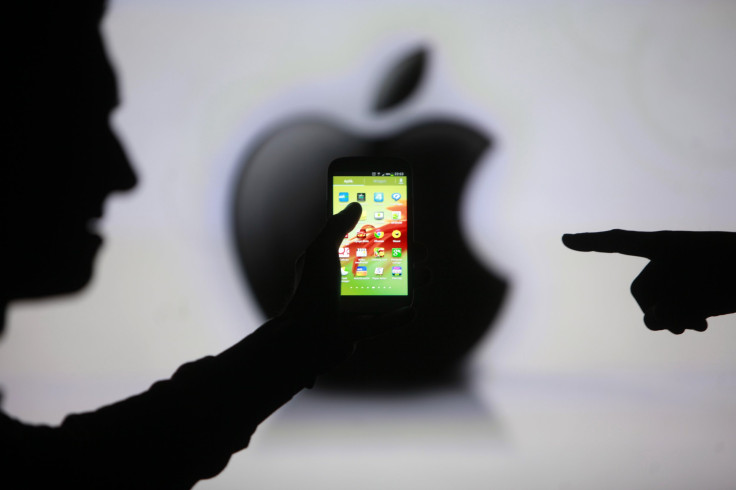Apple Explains Why Samsung Should Give It $2.2B In Patent Infringement Damages

Apple Inc. (NASDAQ:AAPL), on Tuesday, said that it should receive $2.2 billion in damages from Samsung Electronics Co., Ltd. (KRX:005935) for the latter's infringement on five of the American company's patents, and to compensate for Samsung's sale of 37 millions devices, which led to a loss of profits for Apple, news reports said, citing court proceedings.
Christopher Vellturo, an economist and Apple’s damages expert, told the U.S. District Court in San Jose, Calif., that the claim for $2.2 billion in damages is justified due to the scope and timing of the infringement, which it says occurred between August 2011 and December 2013 when the smartphone market was “in a profound state of change and growth because so many people are coming in and buying phones,” according to the Wall Street Journal. He added that the patents at issue covered software features -- an area of weakness for Samsung -- that made the Korean company's phones easier to use.
“That had a dramatic effect on Apple, and the compensation is therefore substantial,” Vellturo, who is being paid $700 an hour by Apple and has worked close to 800 hours on the case already, said, according to the Journal.
If Apple convinces the court that Samsung infringed on the five patents, it can ask the court to ban Samsung from selling its phones and tablets in the U.S., which, if granted, could be a bigger victory for Apple than a monetary compensation, especially because the request has been refused twice before.
In the U.S., according to a comScore report cited by Forbes, Apple is the largest seller of smartphones with a 41.3 percent market share while Samsung is at second place with a 27 percent share. Comparing Apple’s iOS platform with Google’s Android iOS that is used on Samsung's devices, the same report noted that, in 2013, Apple had managed to pull down Android's market share to about 11 percent from nearly 20 percent in late 2012.
The patents in question cover the phone’s ability to automatically add a link to relevant text; a search function that scours both the phone and the Internet; background synchronization of multiple devices; using a gesture such as a swipe to unlock a device; and text auto-correct. Apple has claimed that Samsung copied these features from the iOS and used it in its own Android-powered phones.
The case is Apple Inc. v. Samsung Electronics Co., 12-cv-00630, U.S. District Court, Northern District of California (San Jose).
© Copyright IBTimes 2024. All rights reserved.






















